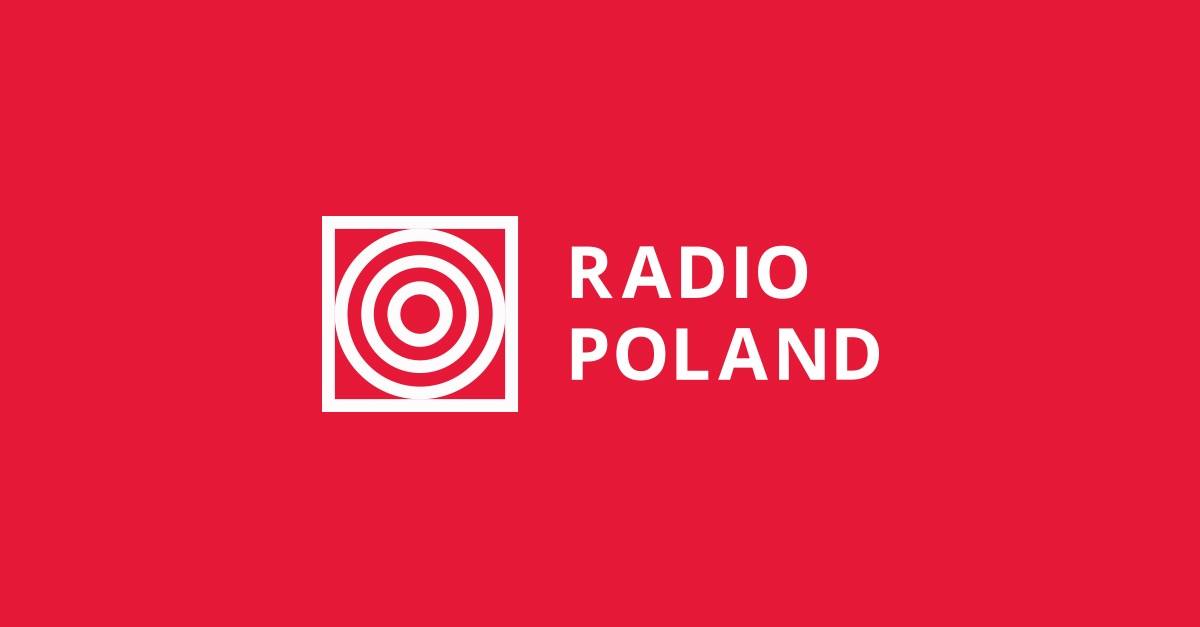Many Latin American countries are now aware of the scale of the threat posed by Russia, thanks to efforts by EU members including Poland, the Polish prime minister has said.
Polish Prime Minister Mateusz Morawiecki speaks to reporters in Brussels, Belgium, on Tuesday, July 18, 2023. PAP/Radek Pietruszka
Mateusz Morawiecki made the assessment in a Facebook post after a summit in Brussels on Tuesday, Polish state news agency PAP reported.
The prime minister took to social media after attending the EU’s summit with Latin American and Caribbean countries, EU-CELAC 2023, in the Belgian capital earlier in the day.
Morawiecki said that “the situation on NATO’s eastern flank, threats to global security, the war in Ukraine and Russia’s criminal policy unfortunately aren’t perceived in the same way all around the world.”
’Big success for Poland’
He added: “It’s a big challenge for Polish and EU diplomacy. We must demonstrate to the rest of the world how big a threat is posed by Russia, with its imperialism and colonial policy, and we have to debunk Russian propaganda.”
The Polish prime minister stated: “Today, many countries in Latin America have realised this threat, which I regard as a big success for Poland.”
Morawiecki added that he had held talks with „many overseas leaders” about “support for Polish entrepreneurs, for Polish business, and for Polish exports to Latin America.”
He wrote: “My position, and Poland’s voice, was heard loud and clear at today’s summit.”
The Polish prime minister declared: “We will support and protect the Polish farming sector in every corner of the world, develop the common market and combat ‘Putinflation,’ but global peace and prosperity are possible only after the threat from Russia has been averted.”
He later told reporters that countries such as Argentina, Brazil and Colombia encouraged Polish companies to enter their markets.
At a news conference in Brussels, Morawiecki also referred to his bilateral talks with Colombian President Gustavo Petro and Argentina’s Alberto Fernández on the sidelines of the EU-CELAC 2023 meeting, the PAP news agency reported.
He told reporters: “My impression from my conversations with the presidents of Colombia and Argentina is that these two presidents are much more willing to condemn what Russia has done in Ukraine.”
The Polish prime minister added: “My hope is that the biggest country of Latin America will realise that condemning Russia’s war crimes in Ukraine is critically important to efforts to restore peace and stability in the world.”
Morawiecki also said that the EU-CELAC 2023 meeting “showed how important it is to explain to partners from various parts of the world just what risks are involved in not condemning Russian aggression.”
During „both bilateral meetings and the plenary session, the Polish delegation explained very unequivocally the threats associated with Russia’s aggressive, colonial, imperial policy,” Morawiecki told reporters.
He argued that it was important to „use the word 'colonialism’ with reference to Russian policy” during talks with partners from Latin America.
Morawiecki told reporters: “It is my conviction that many Latin American countries have realised that Russia is a big threat. This is a big success, a big achievement for us, because we also care about the restoration of peace and the conditions for normal economic development.”
Isolating Russia at UN
The Polish prime minister added that efforts to develop „a shared understanding of these issues” could translate into EU, Latin American and Caribbean countries voting together at the United Nations.
”Joint voting at the UN is important for building a policy of isolating Russia,” he said.
Morawiecki told reporters: “The EU-CELAC is an important summit. We need to exchange views, build common denominators and positions. It’s good that we have managed to do this here, to build a shared understanding of what the war in Ukraine is, but also how important it is to protect the Polish and European market.”
Russia invaded Ukraine on February 24, 2022, launching the largest military campaign in Europe since World War II.
(pm/gs)
Source: PAP, wnp.pl

